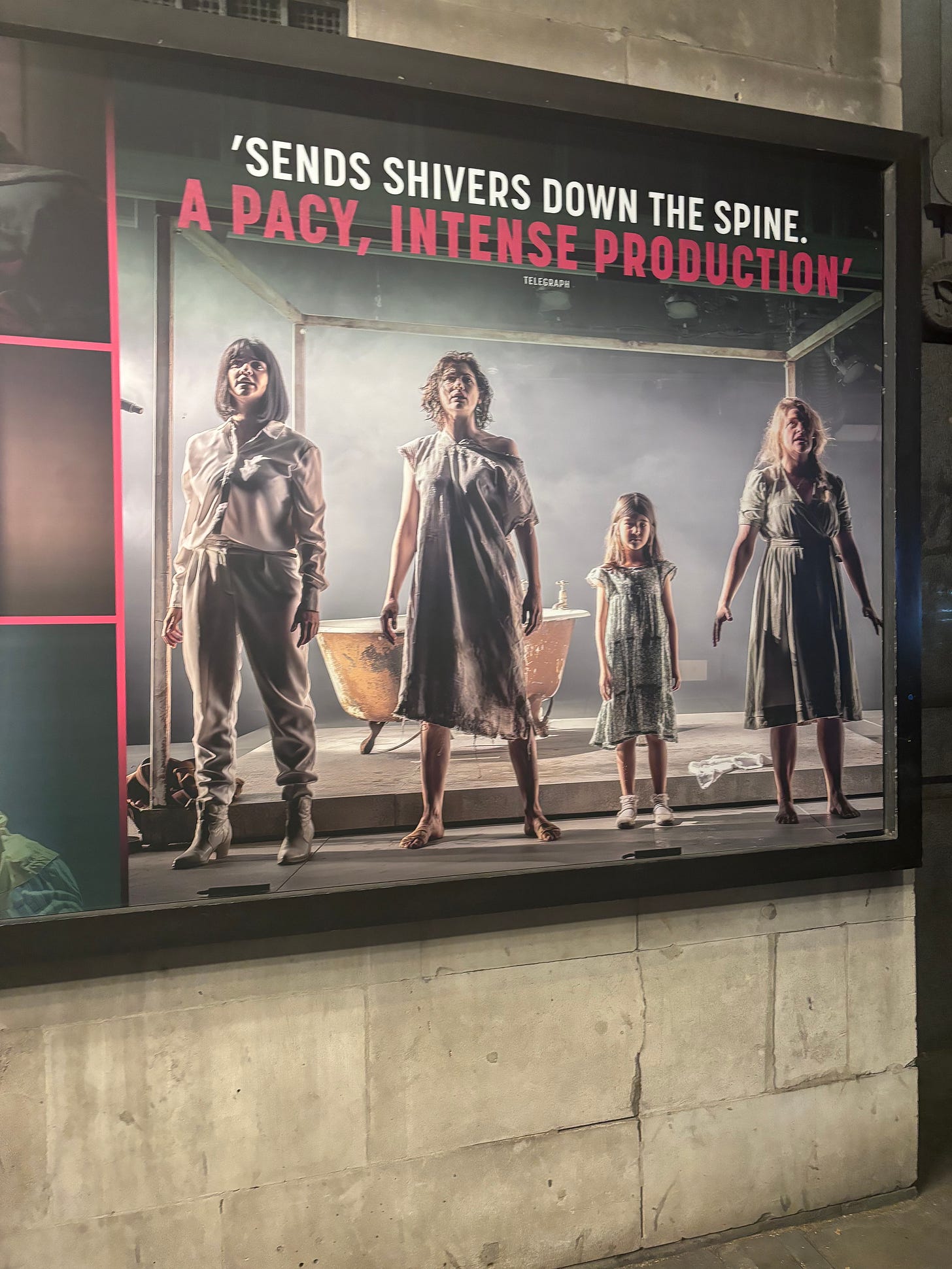Jodie Whittaker took the West End by storm in Zinne Harris’s Version of the 1612 Jacobean revenge tragedy, The Duchess of Malfi.
John Webster’s timeless classic has been adapted to a modern contemporary and put on stage. If you are like me and studied this play as a literature student, you will be well acquainted with The Duchess, who refutes her brothers and tragically dies in spite of them. This revenge tragedy is considered by many one of the greatest of the English Renaissance and let us not forget that Webster was a contemporary of Shakespeare.
However, Harris’s modern adaptation of a Renaissance classic has not been reviewed well, so I took myself to see it. I was overjoyed to see Jodie Whittaker back on stage after a decade; she led the cast incredibly well with her strong performance, negating to an audience the misogyny The Duchess underwent but still holding onto the power and charm she had. It felt like this part was made for Whittaker as she takes on classic roles very well, and whilst it was a modernised version, Jodie’s performance had an undertone of Jacobean drama.
Before you enter, you are warned about themes of a sexual, violent and incestuous nature and no doubt this can be extremely intense throughout some parts of the play. However, the theme of misogyny is cleverly intersected throughout the performance. From the start, when The Duchess sings her opening number, you are reminded that her brothers ultimately have power over her when they stop the song. From here on out, you are reminded that her brothers control this flawed widow, and the story remains dark. This is highlighted through the dark set choices, which felt distant from the audience and hard to connect with; the audience barely sees any light until Act 2 when we see The Duchess locked up.
Here, I did not enjoy the director’s choice to irritate the audience. Whilst I understand we are seeing the brothers trying to send The Duchess into a descent of madness, the mixture of the flashing light and the buzzer repeatedly only became confusing and almost comedic. It is only here the theme of misogyny and male patriarchy gets lost for a moment. Instead, we are purely seeing a woman being tormented, causing psychological and physical discomfort to the audience.
The rest of Act 2 became a bit of a blood bath, with extremities of murder and graphic scenes. Whilst the themes of misogyny were still carried on throughout the play, I cannot help but ask if there could have been a less gruesome way to display the horror of the male patriarchy. Despite what other critics were saying, however, I did enjoy this play and commended Jodie Whittaker’s performance; it was a breath of fresh air to see her back on stage and to see her alongside Rory Fleck, who gave an interpretive performance of Ferdinand was quite the contrast.
There was also a standout performance from Amy Vicary-Smith as Cariola, who carried the play as an acting narrator and gave the audience some comfort while chaos erupted around us
Overall, I enjoyed moments of this modern adaptation; it is a play I would like to see again to take in other elements and give it another go to give it a fair chance. I would not let the negative criticism deter you; theatre is subjective. Be prepared for violent scenes, themes of misogyny, violence and sexual abuse. However, I also appreciate that it is an adaptation of a Jacobean classic, and these themes are hard to avoid in any piece of Renaissance literature.
The Duchess (of Malfi) is showing at Trafalgar theatre until December 20th, 2024.




